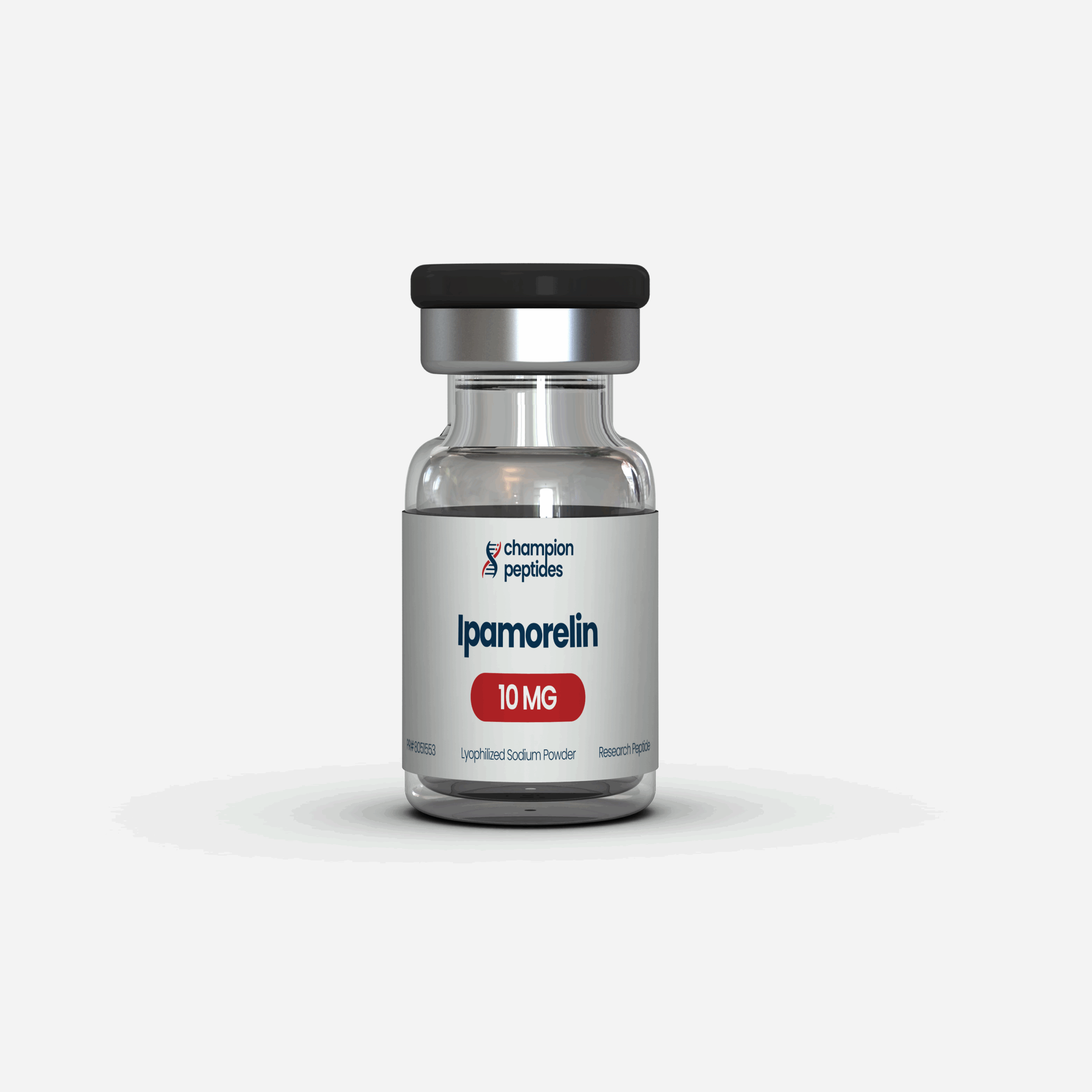KPV 5mg
$28.00
KPV 5mg: A synthetic tripeptide derived from alpha-melanocyte-stimulating hormone (α-MSH), known for its potent anti-inflammatory and gut-healing properties. KPV promotes tissue repair, reduces inflammation, and supports gut health by modulating immune responses and protecting mucosal barriers, making it effective for conditions involving inflammation or gastrointestinal issues.
KPV
What is KPV?
KPV is a synthetic tripeptide derived from alpha-melanocyte-stimulating hormone (α-MSH). It is researched for its potent anti-inflammatory and gut-healing properties, promoting tissue repair and immune modulation, particularly in the context of inflammatory and gastrointestinal conditions.
How It Works (Mechanism of Action)
KPV exerts its effects by modulating inflammatory pathways, reducing pro-inflammatory cytokines, and stabilizing mast cells. It interacts with melanocortin receptors to suppress inflammation and promote tissue repair. In the gut, KPV strengthens mucosal barriers and supports epithelial cell regeneration, aiding in the repair of damaged gastrointestinal linings.
Potential Benefits & Use Cases
- Anti-Inflammatory Effects: Reduces inflammation in tissues, beneficial for conditions like arthritis or inflammatory bowel disease.
- Gut Health: Supports repair of the gastrointestinal lining, potentially aiding in conditions like leaky gut or ulcerative colitis.
- Tissue Repair: Promotes healing of skin, connective tissues, and mucosal surfaces.
- Immune Modulation: Balances immune responses, reducing excessive inflammation without immunosuppression.
- Potential Skin Benefits: May reduce inflammation in dermatological conditions like psoriasis or eczema.
Typical Dosage & Administration
Administration: Subcutaneous injection, oral administration, or topical application, depending on the research protocol. Subcutaneous is most common for systemic effects.
Dosage:
- Typical doses range from 200 mcg to 500 mcg per day for subcutaneous administration.
- Oral doses may be higher (e.g., 500 mcg to 1 mg daily) due to lower bioavailability.
- Protocols often involve daily dosing for 2-4 weeks, adjusted based on research goals; consult a professional for precise regimens.
Possible Side Effects
- Mild Injection Site Reactions: Slight redness or irritation at the injection site for subcutaneous use.
- Rare Gastrointestinal Discomfort: Mild nausea or discomfort, particularly with oral administration.
- Headaches: Infrequent reports of mild headaches in some subjects.
Side effects are generally mild and rare but should be monitored.
Other Relevant Details
- Commonly studied in research for inflammatory disorders, gastrointestinal health, and wound healing models.
- Requires reconstitution with bacteriostatic water (typically 1-2 ml for a 5mg vial) for injection; oral or topical formulations may not require reconstitution.
- Under investigation for broader applications in autoimmune and inflammatory conditions.
- Not for human consumption; intended for laboratory or in-vitro research only, per supplier guidelines.

